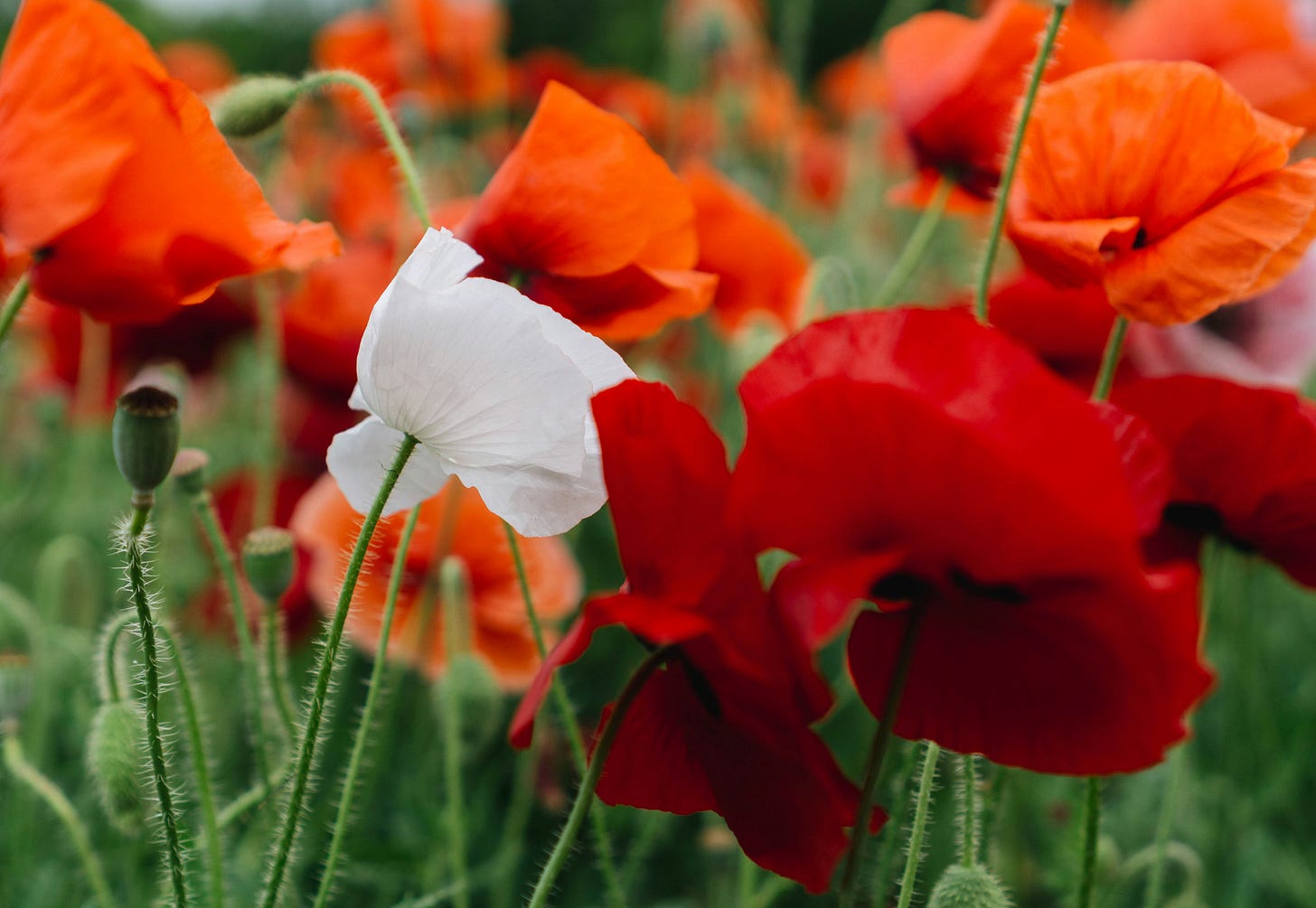
Remembrance Sunday can, sometimes, be a little tricky for those of us who want, or need, to mark the occasion but also want to avoid any of the problematic jingoism that sometimes accompanies it.
I am, personally, a convinced and committed pacifist but I recognise that not everyone in my community shares that view and I don’t think it is my job to convince them of that view in this situation.
The task, then, from my point of view, is to create and curate an act of remembrance that gives space for all to remember and reflect. To be authentic it can’t glorify violence, or seek to justify war, but it can and should honour courage and sacrifice - although not ignoring the vested interests which rely upon those virtues. It should seek to respect the position of conscientious objectors and pacifists, and those who think that war is, sometimes, (or at least has been) an unfortunate necessity.
Ideally, I think, we should emphasise the need to remember so that we don’t repeat the same mistakes. Because this is likely to be a service that has ‘different’ people from a ‘normal’ Sunday morning in it, the service I have created deliberately involves quote a few different people and contributions, consequently of course there’s a fair bit of organisation and choreography to bear in mind.
The emphasis for a service of this sort is very much on context, in my view. What will work in one place is not what will work in another. For the context I’m in (a Sunday morning church service of a pretty traditional sort) I have created a liturgy that emphasises the value of peace while making clear the import of ‘remembering’.
I’ve eschewed a sermon in favour of other contributions.
Crucially, the service revolves around three short ‘reflection’ texts which I’ve written, they are free to download if you want to use them. I’m using them in the following order: firstly ‘Tell them about the dream’; then ‘Sophie Scholl and the White Rose’ and finishing up with ‘St Martin’s Day’ but they can be used in any order, of course.
I have also included three bible readings: Psalm 103, Isaiah 11: 6-9 and Matthew 5: 1-12
And I’m going to use two poems one of which will be: ‘For Peace’ by John O’Donohue.
These texts will be interspersed with various hymns/songs (to suit congregation/context); a minute’s silence at 11.00; a set of simple, responsive, prayers, and intercessions which focus on the need for peace in international relations. In some ways this is a service of lessons and hymns.
There are various structures you could work with, again it depends very much on context - if you do use some of the elements I’ve suggested I hope that you find them helpful.



